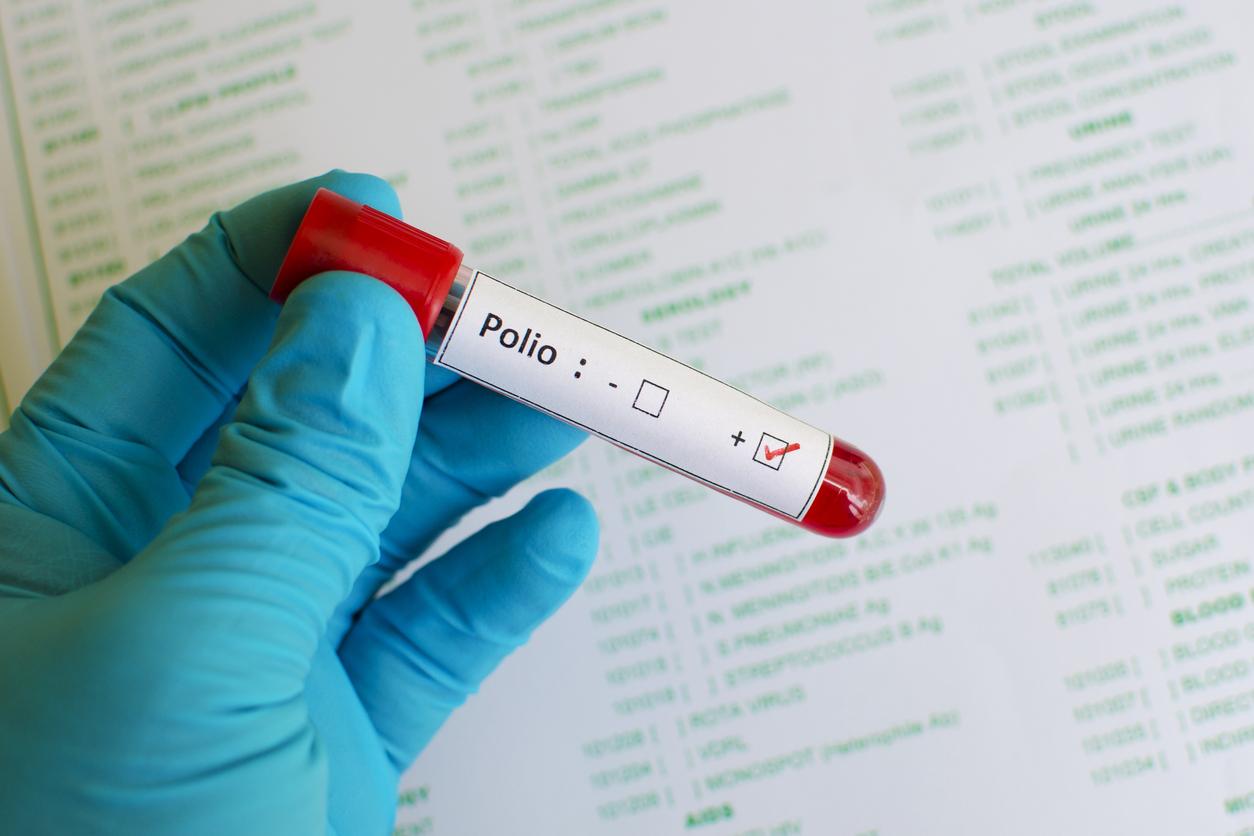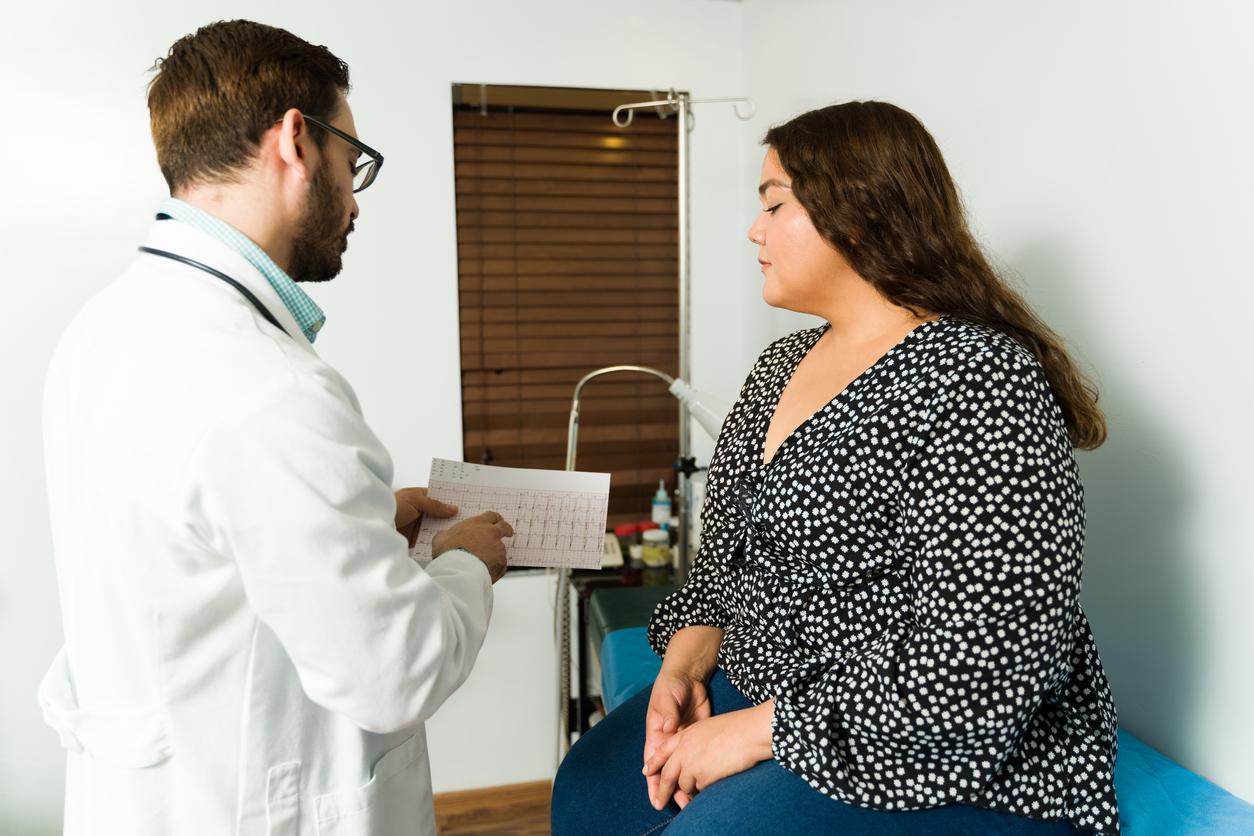On the occasion of their world day, midwives demand more consideration. A demand common to several European countries.

On the occasion of the World Day of the Midwife which takes place on May 5, these French professionals are mobilized. With their meeting point at Place Denfert-Rochereau in Paris, they were more than 500 demonstrators who came to defend the future of their profession. Several reasons were included in their demands: the request to be recognized as a first resort during normal pregnancy monitoring, medical status, or even salary increases. At the head of the delegation, the movement of the Collective (1) on strike for seven months for a status of hospital practitioner (PH). So, on the occasion of this day, why actor returns to a profession whose field of activity remains unclear.
A first resort in normal pregnancies
Today, in France, more than 20,000 midwives are active, more than half of them in the hospital sector. Exercising a “medical” profession, the midwife performs, in complete autonomy, the prenatal examination necessary for the declaration of pregnancy, provides medical monitoring of the pregnancy, screening for risk factors and pathologies, provides support psychology of the expectant mother and childbirth preparation sessions.
In addition, it also prescribes examinations and therapies (drugs, vaccinations, medical devices) necessary for the good progress of pregnancy, childbirth and the aftermath of childbirth. She also practices consultations, obstetric ultrasounds, including in the context of prenatal diagnosis, childbirth and its consequences.
In other words, the gynecologist intervenes only during pathological pregnancies, that is to say with complications.
Despite these skills, they still have the status of “paramedical” in France. And this lack of recognition by the French authorities is also felt in their remuneration. Despite a bac + 5, they are paid like bac + 2 and a half of the hospital public service.
Similar claims in Europe
And as such, they recently received the support of Mervi JOKINEN, the president of the Association des Sages-Femmes Européennes (European Midwives Association). in the end, they will not only benefit the midwives but the women and families you care for, ”she confided.
Across Europe, midwives are mobilizing to voice their anger. In Germany, the malaise is mainly financial. On February 24, they demonstrated across the Rhine to protest against the spectacular increase in compulsory insurance that they must take out in order to work as self-employed and to be covered in the event of a problem with the birth of a child. Since 2010, the amount of these insurances has in fact increased from € 450 per year to € 4,480. And should even reach 5,000 € soon.
As a result, many midwives in Europe are looking to Sweden, a country where they are the first contacts to whom women turn for both pregnancy and contraception or any other questions on sexuality or pregnancy. reproduction. Swedish law also makes them independent and responsible for the care of a normal pregnancy. In practice, a Swedish woman whose pregnancy promises to be uncomplicated will be followed exclusively by a midwife, without seeing a doctor. And this system is proving its worth, as the site recently recalled myeurop.info. Indeed, according to the NGO Save The Children, Sweden is second in the world ranking where it is easiest to become a mother, just behind Finland.
(1) ONSSF, CNSF, ANSFC, ANESF, CNEMa, CFTC social health
.
















